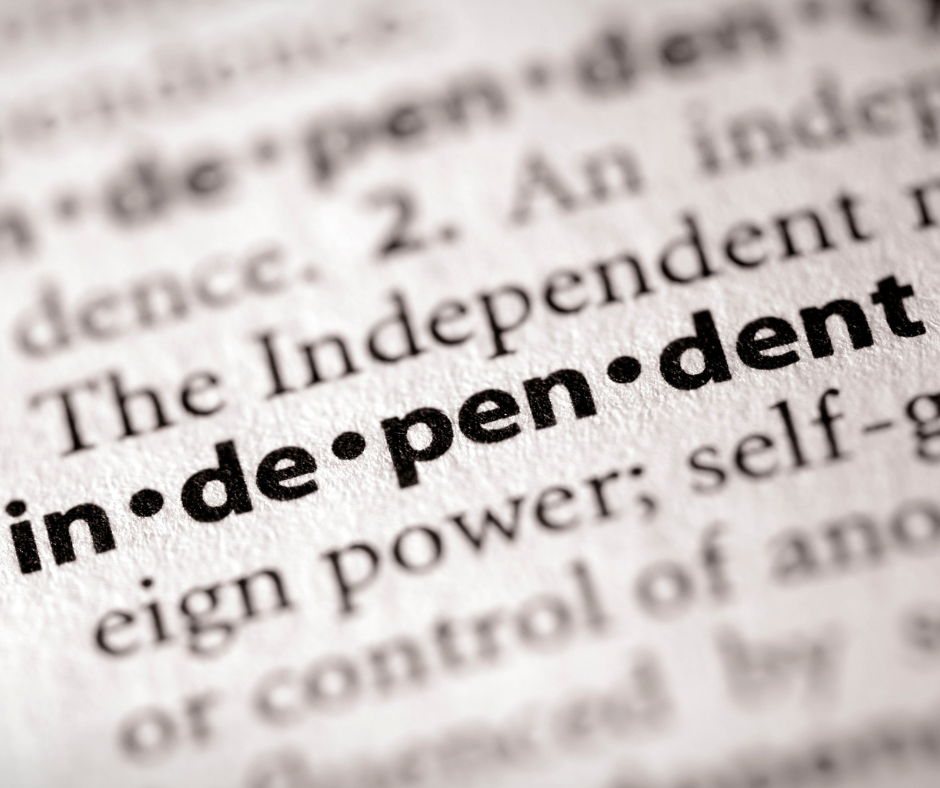In the last article I talked about the need to have clear goals, get your cashflow under control, develop a plan to fund your goals, understand risk, and start investing.
In this article, I will go through the last five things that all 30, 40, and 50 year olds need to do to create financial independence.
Protect yourself and your family
Insurance is one of those things that if you have it, you hope you never need it, but in the unlikely event you do need it you are so grateful you have it.
I am often told personal insurance is not needed because insurance companies won’t payout. From 2018 to 2022, 98% of life insurance claims have been paid, 95% of Income Protection insurance claims have been paid, 87% of Total and Permanent Disability insurance claims have been paid, and 88% of Trauma insurance claims have been paid. The main reason for unsuccessful claims was because of information not disclosed during the application process.
We are quick to insure our cars or our house but think insuring ourselves is a waste of money. A quick comparison shows comprehensive insurance for a 2-year-old Toyota Rav 4 with a 40-year-old driver costs the same as a personal insurance policy with $1million life and TPD insurance, $200,000 Trauma insurance, and Income Protection insurance with a 5-year benefit period of $8,750 per month.

Celebrate the wins
Our brains are wired to respond to rewards. Celebrating small wins will propell you forward and help you achieve much larger goals. If you are happy about something you have done, you are more likely to keep going.
I recommend doing this regularly (once or twice a year).
What have you achieved recently?
Analyse your progress
It is important to know what your metrics are. This will differ from person to person, but should include things like net wealth, loan to value ratio, days to achieve savings targets, or value of specific investments (such as your super or the value of investment properties).
Are you on track?
Review your plan and make any changes
Once you know whether you are on track or not, the next step is to review your plan to make sure it still suits what you want.
Your plan should not be set and forget, as from my experience your needs and expectations will change over time. The changes can be due to a range of things including investments performing much better than expected, being made redundant, a family illness, a loved one dying, unexpected expenses, or your goals changing.
Is your plan still suitable, and if not, what must change? What are the key things you need to do between now and the next review?
Enjoy yourself
Finally, creating financial independence does not mean living like a hermit and not enjoying life. Enjoy yourself. Go on holidays, go hiking, visit museums. Do the things that give you pleasure.
We specialise in working with professionals to help them achieve financial independence. If you are looking for an independent financial adviser to help you, book a chat via the button below or contact us at team@constructwealth.com.au.
About the Author
Phil Harvey is an independent financial adviser. In 2017 Phil set up his company Construct Wealth to help clients best manage their finances so they focus on what is important to them. He is a founding member of the Profession of Independent Financial Advisers.
General Advice Warning
This advice contains general information. It may not be suitable to you because it does not consider your personal circumstances. Phil Harvey and Construct Wealth are authorised representatives of Independent Financial Advisers Australia (AFSL 464629)
See related articles
Pay off the mortgage or invest?
Do I pay off the mortgage quicker - or invest? One of the most common questions we hear is: “Should we throw extra money at the mortgage, [...]
A plan for financial independence
For many professionals in their early 40s, the idea of being financially independent before they are 60 sounds like a dream. School fees, mortgages, and lifestyle costs [...]
Have you hit the ‘wealth plateau’?
For many families, hitting your 40s with a strong income feels like success. You’ve worked hard, bought a home, and life is busy with school runs, weekend [...]



